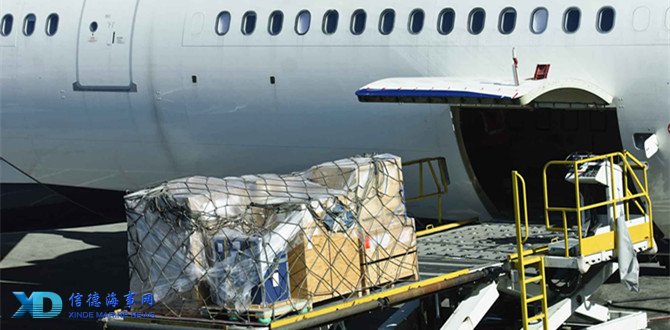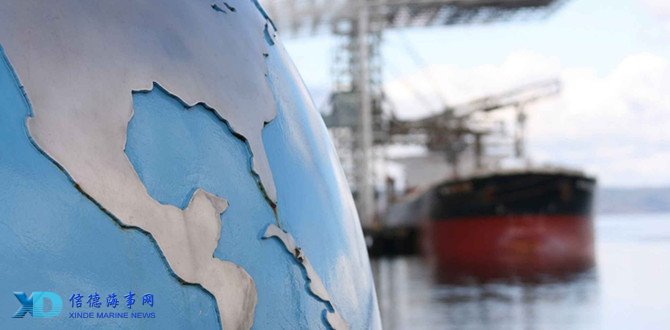Boosted by a global trade boom in 2017, China’s exports grew at the fastest pace since 2013 and served as one of the key drivers behind the economy’s forecast-beating 6.9 percent expansion last year.

But tough US trade talk last year is now turning into action.
President Donald Trump is expected to sign a proclamation on Thursday or Friday to establish the steel and aluminum tariffs, to counter imports, especially from China, though close US allies may get exemptions.
The measures are expected to go into effect in two months, but economists see little immediate impact on China.
It has already reduced steel exports to the US to a trickle, and while aluminum shipments account for around 10 percent of its total global exports of the metal, the number is still small compared with China’s total exports, according to ING economist Iris Pang.
“All in all, the direct impact on China is minimal,” Pang said in a note published on Thursday.
Over time, however, any additional punitive US measures and retaliations by China or its other major trading partners would reduce global trade flows, disrupt international supply chains and drag on global growth.
US plans to combat intellectual property theft, which are believed to be moving quickly through the pipeline, could also have a more significant impact on China’s exporters, particularly in hi-tech, high-value industries.
Net exports contributed 9.1 percent of China’s GDP growth last year.
Chinese Foreign Minister Wang Yi said on Thursday that history teaches that a trade war is never the right solution. In the event of a trade war, China will make a justified and necessary response.
Wang said China and US don't have to be rivals, both sides should be partners and there can be no alternative to the policies of dialogue and cooperation.
Wang made the remarks at a press conference on the sidelines of the first session of the 13th National People's Congress.
Sources:CGTN
Please Contact Us at:
admin@xindemarine.com





 Ningbo Containerized Freight Index Weekly Commentar
Ningbo Containerized Freight Index Weekly Commentar  Ningbo Containerized Freight Index Weekly Commentar
Ningbo Containerized Freight Index Weekly Commentar  Ningbo Containerized Freight Index Weekly Commentar
Ningbo Containerized Freight Index Weekly Commentar  BIMCO Shipping Number of the Week: Bulker newbuildi
BIMCO Shipping Number of the Week: Bulker newbuildi  Ningbo Containerized Freight Index Weekly Commentar
Ningbo Containerized Freight Index Weekly Commentar  Ningbo Containerized Freight Index Weekly Commentar
Ningbo Containerized Freight Index Weekly Commentar